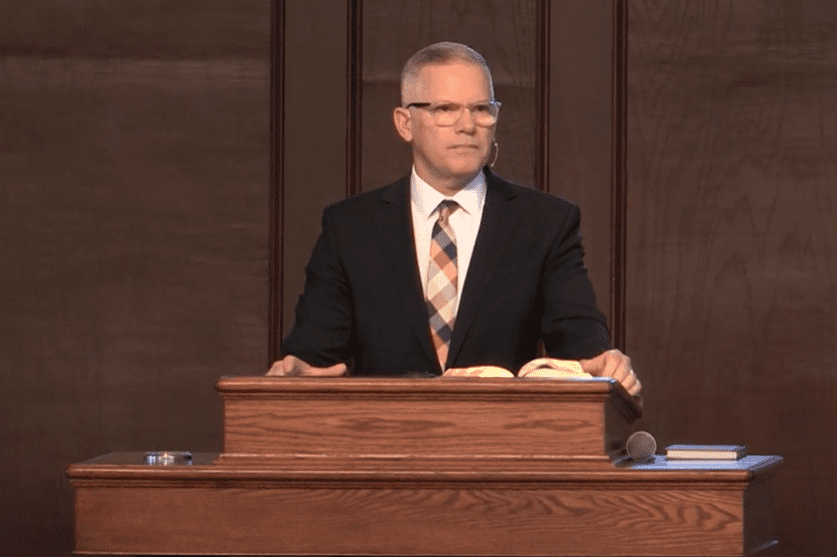
Pastors and other clergy members typically serve as pillars of support in times of crisis, but what happens when they’re the ones who need to be encouraged? Mark Dance, a former pastor who lives in Dallas, knows firsthand that mental health challenges can impact those in church leadership. During his 30 years of leading various churches, Dance experienced a three-year battle with clinical depression, and now, as a pastor advocate for GuideStone, he helps support other struggling pastors.
Dance’s mental health challenge began about 15 years ago when he was in his third pastoral position, he said. He and his wife, Janet Dance, were busy navigating life in ministry while raising teenagers — and they were also in the middle of a major move from one church campus to another. He told Fox News Digital, “I noticed that I had become different. I was avoiding people when I used to love being with people. And it became difficult to sleep, eat and make decisions.” Dance also noticed that he’d lost a significant amount of weight. It was a period that he now refers to as a “three-year fog.” He said, “I was working way too much and using ‘the God card’ as an excuse.”
Although it was “out of character” for him to ask for help, Dance reached out to his family physician — who diagnosed him with clinical depression, prescribed medication and told him to “throttle down.” By slowing down and focusing on his own needs, Dance was eventually able to “get healthy again.” A few years later, he transitioned into a new role of helping other pastors overcome their mental health struggles. While it might seem that those in church leadership are perpetually strong, they are just as vulnerable to mental health struggles as the people they serve, Dance said.
He said, “We deal with the same issues — health problems, marriage challenges, problems with kids or money. But it is more difficult for us to ask for help because it’s counterintuitive for us as caregivers.” A pastor feels compelled to succeed both at work and at home, Dance noted — “because our spouse and kids are in our job description in the Bible.” That can lead to unrealistic expectations and added pressure, he said. Dance told Fox News Digital, “About one out of four pastors will experience a mental health challenge. And I just happened to be one of those.” Dr. Norman Blumenthal, director of the Ohel Zachter Family National Trauma Center in New York, noted that members of the clergy are often “benevolent and idealistic individuals” who extend themselves to others, even at the expense of their well-being.
“It’s essential to remember that charity and care entail giving generously, but not excessively,” Blumenthal, who is not associated with GuideStone, told Fox News Digital. “We can give a piece of ourselves, but not ourselves in entirety. When setting limits and triaging those we help, clergy often provide more effectively and abundantly than less.” While pastoring requires compassion for others, exercising self-compassion is just as important, according to Yale University’s Dr. Emma Seppälä, author of “Sovereign: Reclaim your Freedom, Energy and Power in a Time of Distraction, Uncertainty, and Chaos.”
“Often, people in service-oriented professions give a lot to others without taking into account that they need to give to themselves as well,” Connecticut-based Seppälä, who is also not associated with GuideStone, told Fox News Digital.
